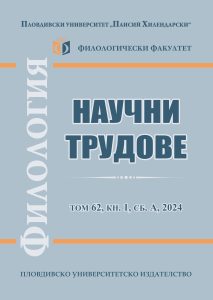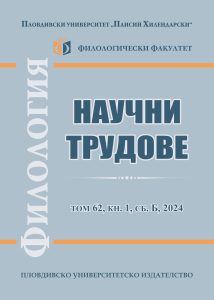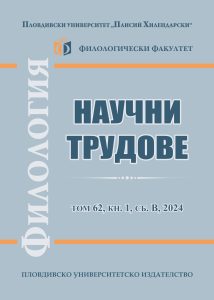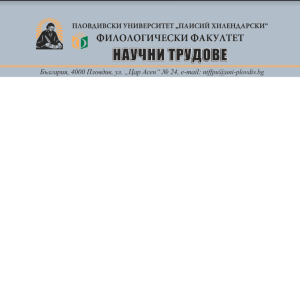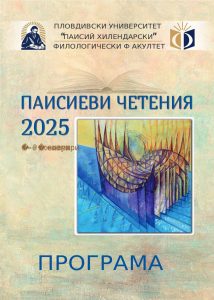VOL. 57, BOOK 1, PART B, 2019, pp. 126 – 137 Full text (Fr)
Author: Gwenaëlle Ledot
Affiliation: Université de Caen Normandie, France
Abstract
Djavadi’s novel Désorientale was inspired by her life as an Iranian exiled with her family to France after Khomeini’s rise to power. Putting different forms of “otherness” in perspective is the driving force of the book, where exile and the pain of living in an “other” language are paired with a growing feeling of “otherness” in gender. Similarly, this otherness is affirmed in Nina Bouraoui’s work Garçon Manqué as a type of generative concept whereby the author, born to a French mother and Algerian father, describes what she names her “disability”. Moving beyond the concept of “division,” which establishes itself in the two texts, writing builds a framework to overcome the chaos of reality.
Key words: NÉGAR DJAVADI, Nina Bouraoui, otherness, identity, division, exile


